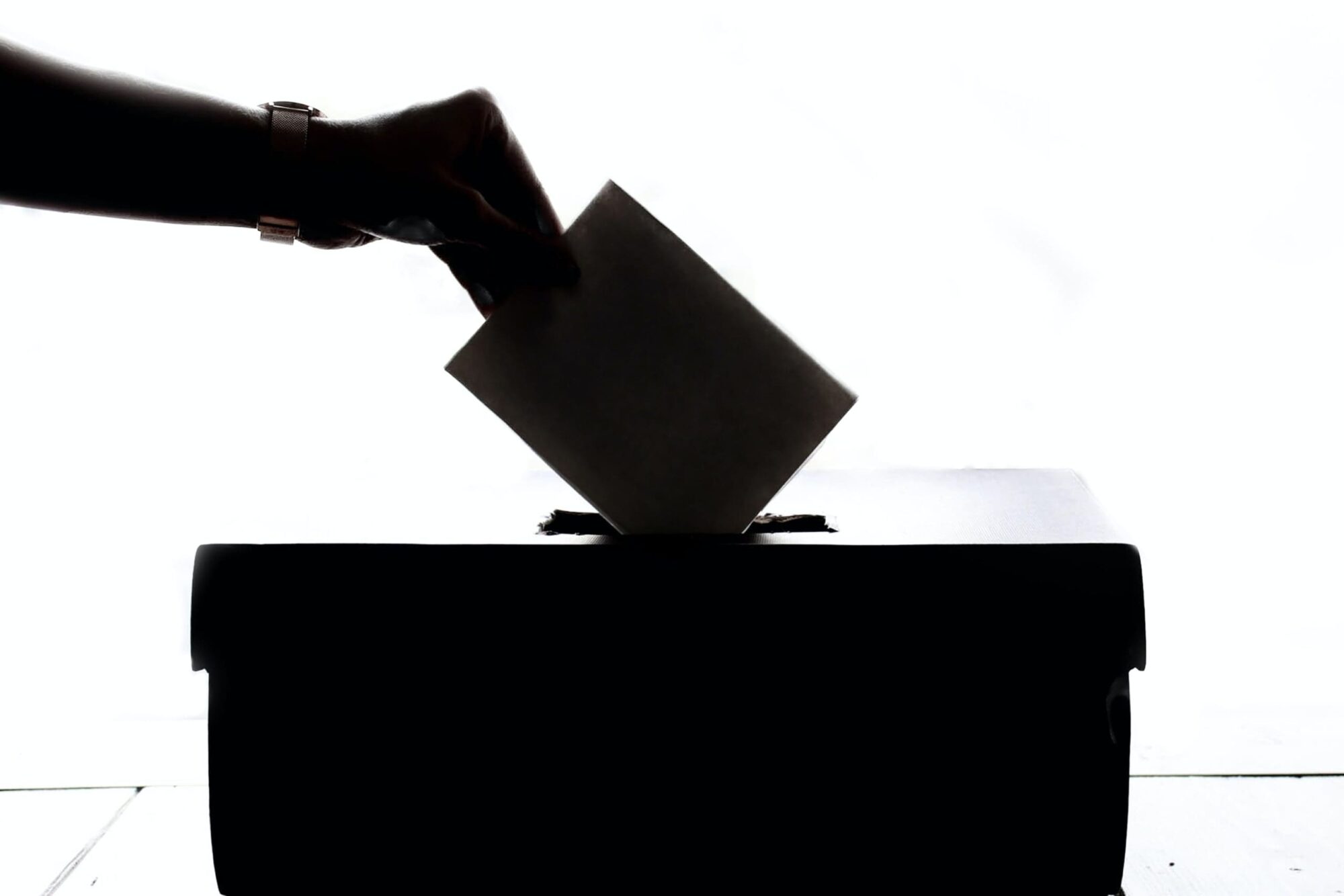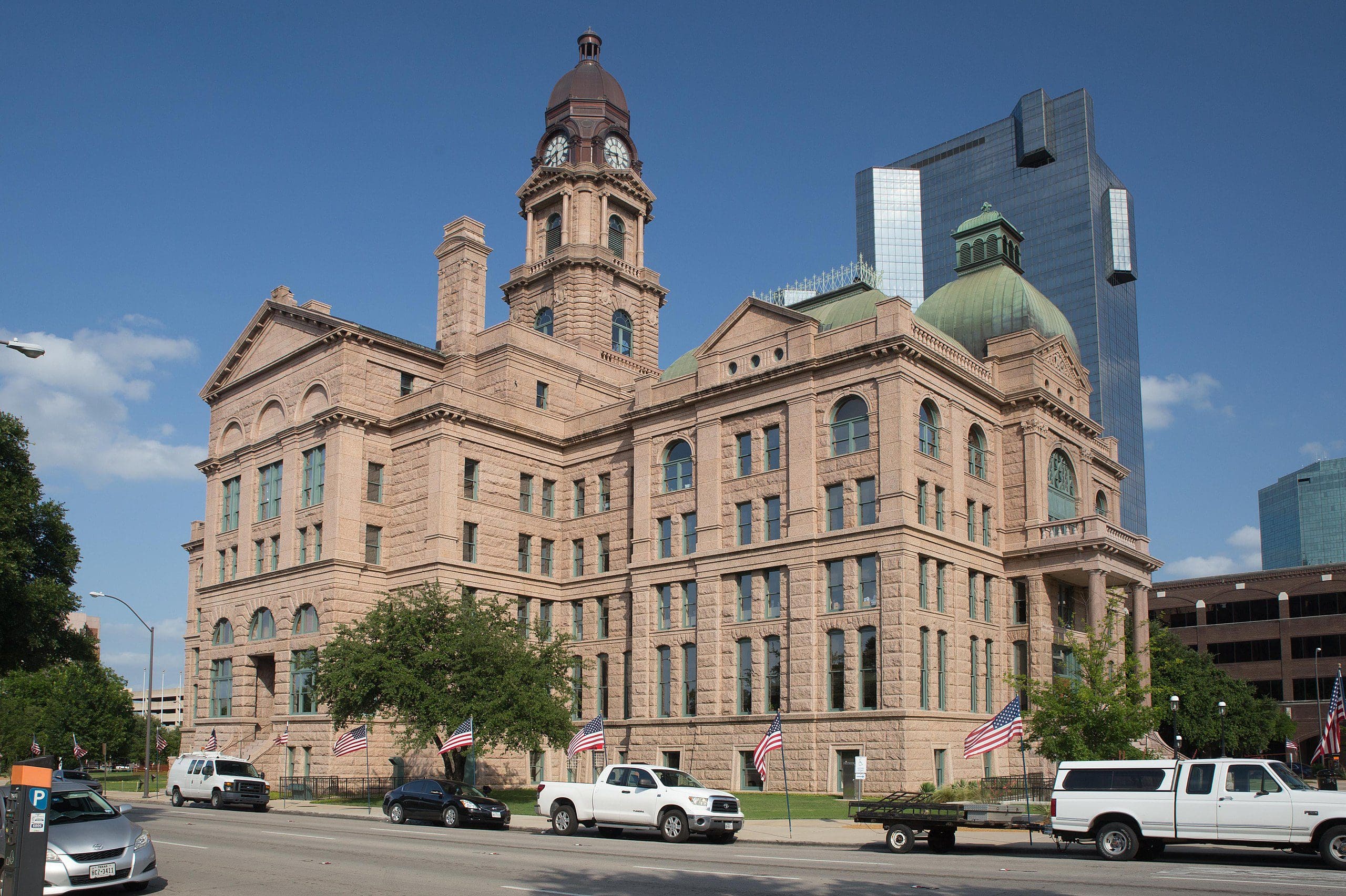On Tuesday, U.S. District Judge Lee Yeakel blocked a new state law that bolstered Texas voter residency requirements, marking a blow to the effort to protect Texas election integrity.
Texas Senate Bill 1111, which requires people who register to vote using a P.O. box to provide proof of a home address, was authored by State Sen. Paul Bettencourt (R–Houston). In his statement of intent, Bettencourt noted, “Currently, the Texas Election Code does not sufficiently define the characteristics of a voter residence address.”
He continued, “The vague description of a residence address has allowed voter registration certificates with residential addresses corresponding with vacant lots, mailbox stores, motels, and commercial locations.”
In response, SB 1111 was proposed and passed by the Legislature in 2021. Among other restrictions, the law prohibits people from establishing a residence to influence the outcome of an election.
In September of last year, the League of United Latin American Citizens and the nonprofit Voto Latino filed suit against several elections officials in Bexar, Harris, and Travis counties, claiming that enforcement of the bill restricted and disenfranchised Latino and minority voters.
They alleged that the law—specifically the portion that prohibits influencing an election by establishing a residence in a specific area—restricts people from registering to vote using an address where they do not live full-time.
U.S. District Court Judge Lee Yeakel ruled that the law is “unconstitutionally vague” and “not narrowly drawn,” adding that it “fails any degree of constitutional scrutiny” and violates the First Amendment.
Bettencourt said he was disappointed by the ruling, but expects the “common-sense” legislation to ultimately prevail.
“In Harris County, anywhere from 5,000 to 8,000 voters are registered at private P.O. boxes as their physical address and mailing address. SB 1111 stops the use of impossible addresses for voter registration purposes, with a few exceptions. There is no one that can live inside a P.O. box!” said Bettencourt.
“However, the plaintiffs sued their hand-picked County Elections departments, so the Attorney General had to intervene as the State of Texas was not a defendant. I will still continue to champion clean voter roll integrity!” he added.
If appealed by the state, the next stop for the lawsuit is the U.S. 5th Circuit of Appeals.
No ads. No paywalls. No government grants. No corporate masters.
Just real news for real Texans.
Support Texas Scorecard to keep it that way!





